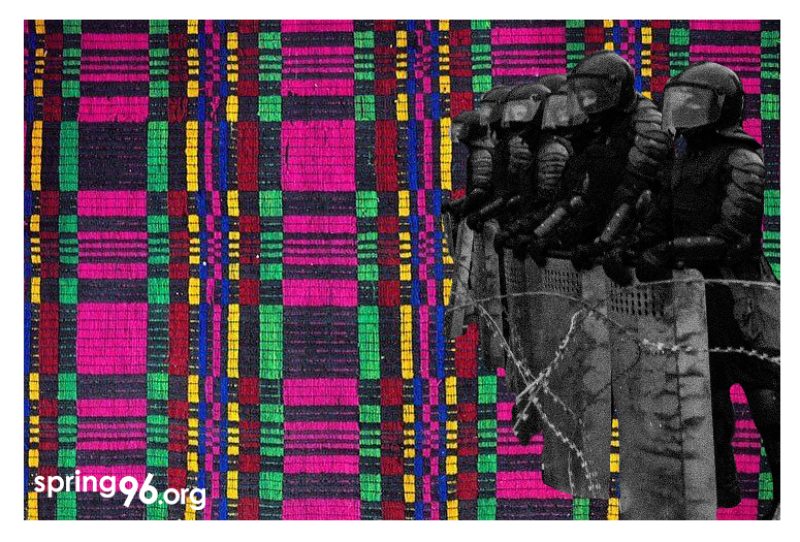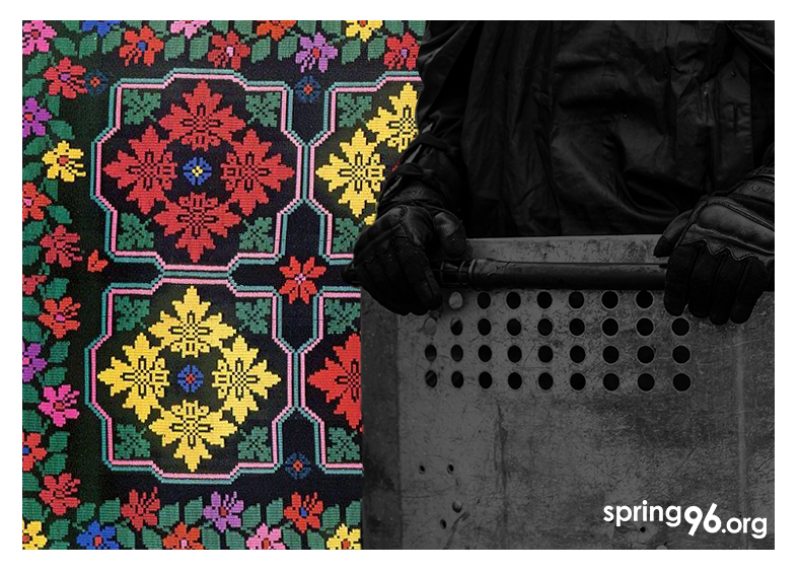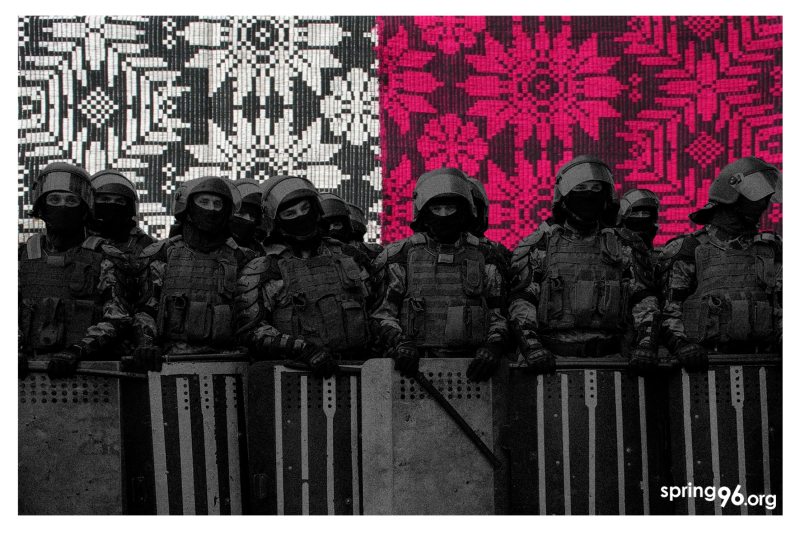"Language as a protest." The Belarusian language in prisons
The Belarusian language is included by UNESCO in the list of endangered languages (status: vulnerable). According to Article 50 of the Constitution, everyone has the right to use their native language and choose the language of communication. But there is language discrimination in Belarus. Despite the formally identical status of the Russian and Belarusian languages (both are state languages according to the Constitution), the former dominates in all domains, and people who use the Belarusian language face discrimination on a daily basis. Political prisoners in some places of captivity also face pressure due to the use of the Belarusian language. One of the political prisoners said that in Navapolack colony No. 1, since the autumn of 2023, all books in the Belarusian language have been removed: Kupala, Karatkevich, Kolas, and others. For using the Belarusian language, some political prisoners were placed in solitary confinement, deprived of calls and care packages, and were accused of a "violation" for reporting in their native language. So in addition to fighting for freedom, at the same time, some political prisoners are defending their right to use their native language. Viasna human rights activists have collected testimonies from former political prisoners about the use of the Belarusian language behind bars.

- Illustration by Dziyana Pinchuk
"As I've heard, he started talking to the administration in Belarusian as a matter of principle. And they made him speak Russian. He said: "The official language is Belarusian, and I will speak Belarusian." Perhaps he was [beaten] for such a position," former political prisoner Vadzim Khizhniakou said about Vitold Ashurak, who died in Škloŭ colony No. 17.
And here is what former political prisoners told human rights defenders about the use of the Belarusian language in the temporary detention facility in Akrescina, in Homeĺ and Maladzečna, in pre-trial detention center-1, in the Mazyr open-type correctional institution, and in colony No. 15. We publish their testimonies.
"He advised not to speak Belarusian with the guards during the trial, as you can get a longer sentence"
A former prisoner spoke about a case in the temporary detention facility in Akrescina at the end of February 2022:
"It was lunch time, and by chance the woman who was giving out food heard that someone was talking in Belarusian inside the cell. At that moment, she was dressed more like a barmaid than a guard. She told me through the "feeder" that the language sounded wonderful and, if she gives out food to us next time, to always talk to her in our native language. To some extent, she supported us and told us all to hold on. I never saw her again.
After a while, I had the first interrogation with the investigator, and he advised not to speak Belarusian with the guards during the trial, as you can get a longer sentence. I took this advice and decided that I would speak Belarusian only with prisoners..."
"It has become for many not just a language, but a symbol of resistance"

- Illustration by Dziyana Pinchuk
Former political prisoner activist Illia Mironau spoke about the use of the Belarusian language in the Homieĺ temporary detention facility in May 2023:
"We addressed the guards in Belarusian, and although they answered in Russian, there was discontent in their eyes. Caustic remarks were made a couple of times, but they did not dare to openly stop us.
We were deprived of the right even to paper. When the report on my administrative offense was drawn up, they flatly refused to give me a form in the Belarusian language. But it only strengthened my resolve."
"An attempt to limit ourselves from Russian-language swearing, which is constantly used by the guards"
A former political prisoner (not named for security reasons) spoke Belarusian during his stay behind bars in pre-trial detention center-1 for three and a half months in the spring of 2022.
"Now four political prisoners I know who are currently in home confinement have started using Belarusian, and for us in those conditions it was a ray of hope and a peculiar attempt to limit ourselves from Russian-language swearing, which is constantly used by the guards".
"Language as a protest"

- Illustration by Dziyana Pinchuk
Another former political prisoner spoke about organizing days of the Belarusian language with his cellmates at Valadarka prison in 2021 and trying to speak in their native language in general.
"We organized days of the Belarusian language, when we spoke Belarusian with all our cellmates. A lot of people were glad we did it. The cellmates, who were very far from our situation, perceived it as something neutral or positive, which is a good sign."
But reports and conversations with employees were in Russian, "not to have unnecessary problems and not to get into trouble."
According to the former political prisoner, the choice of language for some prisoners was also influenced by the full-scale invasion by the Russian armed forces in Ukraine.
"We were told in letters that this had a very strong impact on people in Belarus and a lot of people switch from Russian to Belarusian in order not to speak the language of the aggressor. Language as a protest. This was especially the case in the first months. And we tried to follow this trend."

















